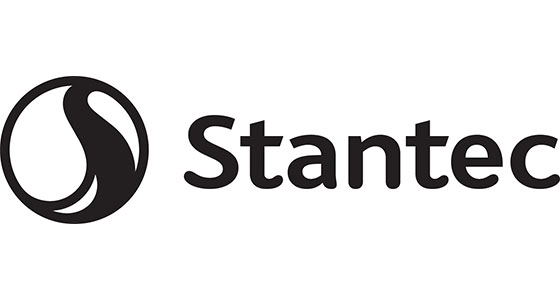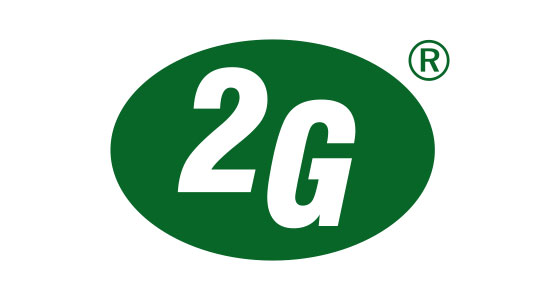December 22, 2020

On December 11, the federal government announced a “strengthened” climate plan that, for the first time, promises the tools necessary to meet Canada’s 2030 commitments under the Paris Agreement. The new plan’s hallmark feature is a steeper rise in the carbon tax, from $30 per tonne in 2020 to $170 per tonne in 2030. The plan also includes $15 billion to incentivize emissions reductions in sectors like agriculture, oil and gas, and transportation.
Counter-intuitively, the first plan that is capable of getting Canada to its 2030 targets also involved abandoning an important climate regulation. For five years, the federal government has been working with the Canadian Biogas Association and other renewable fuel stakeholders on the development of a Clean Fuel Standard (CFS) that would require increasing the renewable content of liquid fuels like gasoline as well as of gaseous fuels like natural gas. According to the federal government’s projections, the CFS was to produce the biggest single emissions reduction in the federal climate plan next to the carbon tax. It was also going to unleash Canada’s biogas and renewable fuel potential.
In spite of years of development, and signals that a gaseous stream under the CFS would be developed in 2021 in order to come into effect in 2023, the federal government has cancelled the development of the CFS gaseous stream.
In doing so, the federal government has compromised the ability of made-in-Canada biogas and RNG to reach its full potential through decarbonizing gaseous fuels,reducing carbon pollution and providing reliable energy for Canadians.
Biogas is Canada’s quiet achiever. Over 200 projects across the country are currently producing more than 5 million GJ of low-carbon energy. That’s the equivalent of 100,000,000 m2 of solar panels or more than 3 large hydro dams. Modelling shows that there is the potential to cost-effectively tap 8 times more energy from biogas and RNG. That would be over 150 million GJ of energy (1.3% of Canada’s total energy needs) substituted with a clean, net-zero fuel.
The CFS, as conceived by the federal government, was going to be the regulatory signal that would trickle down to provincial natural gas regulators, which in turn would allow Canada’s natural gas distributors to invest in integrating more renewable gases. Without a strong federal regulatory signal like the CFS, natural gas distributors will be prevented from tapping new and cleaner fuels, leaving much of Canada’s biogas potential on the sidelines.
The rising price on carbon does not replace the importance of the missing regulatory signal of the Clean Fuel Standard. Yes, the rising price on carbon will make biogas and RNG more cost competitive, though not on the timescale needed to meet Canada’s 2030 climate targets.
The new climate plan’s commitment of $1.5 billion over five years for renewable fuel projects does not replace the importance of the CFS regulatory signal. There are many more billions worth of renewable fuel projects in Canada, from biogas and RNG to hydrogen that are ready to be tapped. A broad regulatory signal like the Clean Fuel Standard would have unleashed all of them and allowed the market to decide which are best and most needed. A $1.5-billion fund can only support a small number of clean fuel projects with upfront capital costs. A strong regulatory signal, similar to what the CFS promised, would instead create a reliable long-term market to support financeable projects.
All in all, the Canadian Biogas Association, its members, and its partners are disappointed with the federal government’s decision. Biogas and RNG are an under-tapped opportunity in Canada, both for the climate and for jobs and the economy. We have the capacity to jump from 200 biogas projects to 1,500; from 5 million GJ of low-carbon energy to over 150 million GJ to achieve GHG reductions as high as 37.5 Mt by some estimates.
The Canadian Biogas Association will continue to work on unleashing this potential with the federal government and calling on its members for feedback in how best to accelerate biogas and RNG in 2021. Perhaps with the government closing one door, we can collaborate on opening another.











